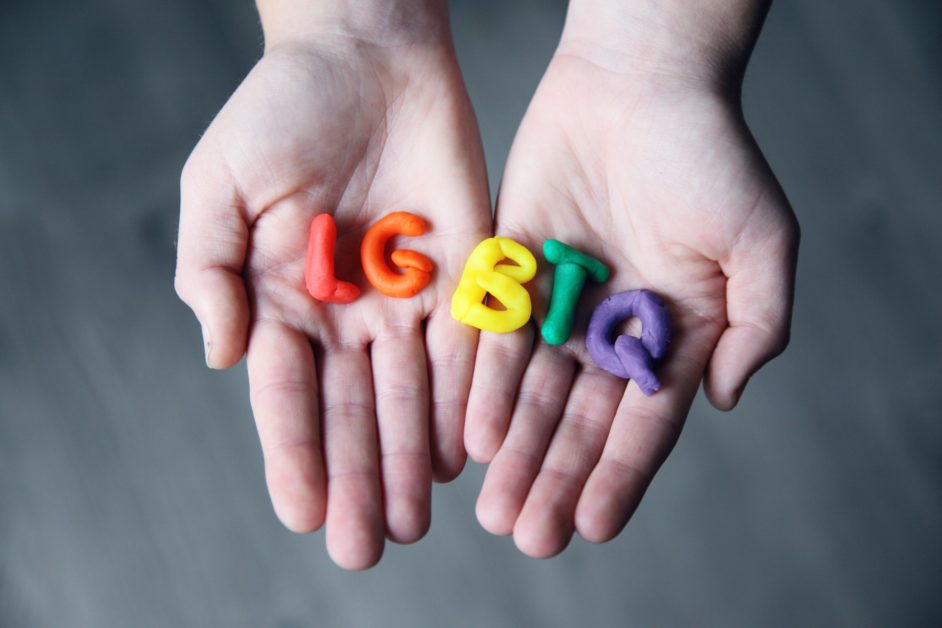
Spoiler: It Means A Big Win For The LGBTQ Community
On Monday June 15, 2020, the United States Supreme Court, in Bostock v. Clayton County, Georgia, came to a landmark decision progressing our country past a long battled over legal, political, and human rights issues. Members of the LGBTQ community have suffered employment discrimination for decades, but today’s decision will extend to them the protections under Title VII of the Civil Rights Act of 1964 for those who have been discriminated against, retaliated against, or suffered any other type of adverse action by an employer, simply because they are a member of the LGBTQ community.
Three individuals claimed that their employers terminated them because they were either transgender or homosexual. Clayton County, Georgia, fired Gerald Bostock from his position as a child welfare services coordinator for what they claimed was “conduct unbecoming a county employee.” This decision to terminate Bostock came almost immediately after he began playing in a gay recreational softball league. Separately, a company called Altitude Express terminated Donald Zarda from his position as a skydiving instructor immediately after he revealed his sexual orientation as a gay man to a client. Finally, a transgender funeral director named Aimee Stephens was terminated for announcing that she would be presenting as a woman. Sadly, Zarda and Stephens did not live to see the Supreme Court’s historic decision. However, they will rest easy knowing that they helped bring about a monumental change in our civil justice system.
Honorable Justice Neil Gorsuch delivered the majority opinion for the Bostock case. He begins the Opinion of the Court by describing the circumstances in which this case began, listing Bostock, Zarda, and Stephens and detailing their experiences being terminated based on their sexual orientation. Before examining the language and meaning of Title VII of the Civil Rights Act of 1964, Justice Gorsuch assures us that the Supreme Court does not intend to step on the toes of legislators, but promises to determine the ordinary meaning of Title VII’s command making it unlawful to take adverse employment actions against employees based on “sex”. It is precisely this term that the Supreme Court puts under a microscope for this case.
After examining the history of Title VII the Supreme Court concludes that the intention of Title VII is to establish the rule that an employer violates the law when it intentionally terminates an individual employee based in part on sex regardless of other considerations that lead to the termination. In other words, a person’s “sex” must be irrelevant when an employer makes decisions regarding that person’s employment. The Supreme Court takes this conclusion and applies it to the situation at hand coming to a further conclusion: That an individual’s homosexuality or status as transgender is not relevant to employment decisions. Further the Supreme Court held that it is not possible to discriminate against a homosexual individual or a transgender individual without considering, and ultimately making a decision based on, that employee’s sex. Justice Gorsuch continues by saying that in order for an employer to discriminate against an employee for being homosexual or transgender, there is no other way than for the employer to intentionally discriminate against individual men and women because of their sex. This makes it impossible for employers to escape liability in such situations.
Once the Supreme Court established that Title VII protects homosexual and transgender individuals from discrimination (as well as retaliation), the rest of the decision came easy. There was not dispute in these cases as to the fact that each employer terminated Bostock, Zarda, and Stephens because of their status as homosexual and transgender. The employers attempted to assert defenses based on the decisions of previous cases, but the Supreme Court rejected these arguments noting that the attempts at defense were simply repackaged versions of decisions they had already overturned. Most notably, the employers argued that any discrimination on the basis of homosexuality and transgender status could not be considered sex discrimination in “ordinary conversation.” They also contended that when an employer discriminates on the basis of homosexuality or transgender status, they do not intentionally discriminate based on sex. Unsurprisingly, the Supreme Court rejected these archaic arguments, and in turn held that even if it an employer’s sex discrimination against a current or former employee seems unintentional, there is no way to consider homosexuality or transgender status without considering and discriminating based on sex.
As a final plea to the Supreme Court, the employers attempted to argue that the original drafters of Title VII never intended the prohibition of sex discrimination to apply to the LGBTQ community, including being homosexual or transgender. The Supreme Court rejected this argument by simply pointing to the plain language of Title VII which expressly prohibits discrimination against employees and prospective employees on the basis of sex, and therefore, these same protections were directly applicable and appropriate for employees claiming discrimination on the basis of being gay or transgender.
In the end, Justice Gorsuch put it best in the Opinion of the Court when he stated:
“In Title VII, Congress adopted broad language making it illegal for an employer to rely on an employee’s sex when deciding to fire that employee. We do not hesitate to recognize today a necessary consequence of that legislative choice: An employer who fires an individual merely for being gay or transgender defies the law.” – Bostock v. Clayton County, Georgia, 590 U.S. 33 (2020)
If you are searching “I need a lawyer because I have been wrongfully fired or terminated;” or “I have been discriminated against based on my …” race, national origin, gender, age, religion or disability; or even think that you might need an employment lawyer, then it would be best to call the right attorney to schedule a free and confidential consultation at 866-797-6040. Spitz, The Employee’s Law Firm and its attorneys are experienced and dedicated to protecting employees’ rights and solving employment disputes.
